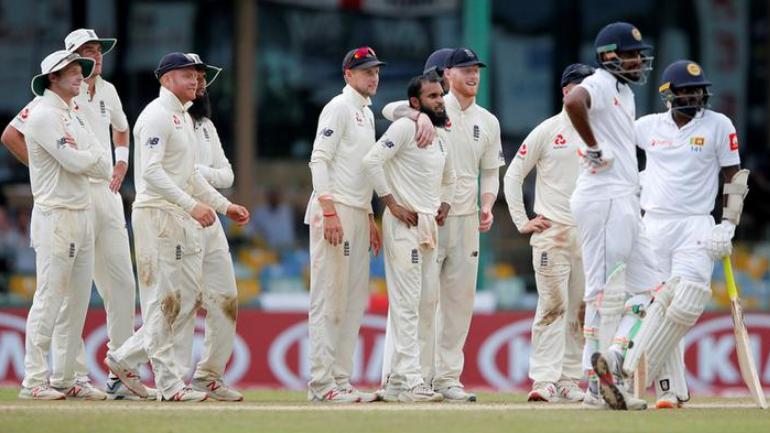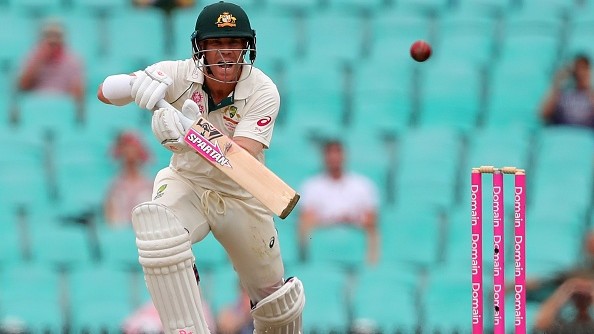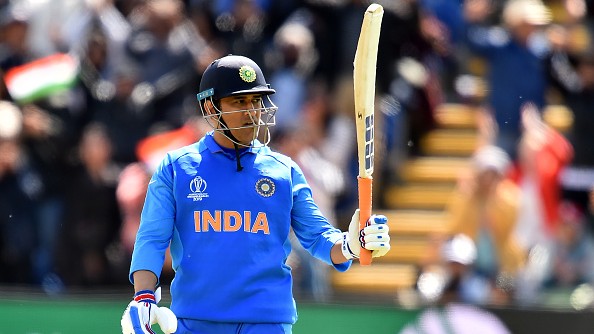
England's upcoming Test tour of Sri Lanka looked in major doubt in light of tougher travel restrictions coming into force due to the new mutant strain of COVID-19 in the UK, which is said to be 70 percent more infectious.
Following the latest emergence of a new strain of COVID-19 in the United Kingdom, several countries have banned travel from the UK, including Sri Lanka as the Lankan government has imposed a temporary ban on commercial flights from the country Wednesday (December 23).
Earlier, the two-match Test series between England and Sri Lanka was forced to call off due to the Coronavirus outbreak in March 2020, and yet again Joe Root and his men’s tour of the island nation in January looks in jeopardy due to the tougher travel restrictions and a new strain of COVID-19 in the UK.
The new strain of COVID-19 has forced the UK to impose a stringent tier-4 lockdown in the worst-affected parts of the country, but England is still “hopeful” that the squad will be able to leave on January 2 to spend their two-week spell in quarantine in Hambantota before moving to Galle.
Meanwhile, England and Wales Cricket Board (ECB) and Sri Lanka Cricket (SLC) will hold an emergency meeting this week before they decide whether the upcoming two-Test series can go ahead, as the England squad is scheduled to fly to Sri Lanka on a chartered flight on January 2 for the Test series.
In the meeting, ECB and SLC are likely to discuss the new COVID-19 strain and what precautions are being taken to prevent the virus from being introduced to Sri Lanka via England’s touring group apart from the additional medical protocols for the tourists during the tour.
However, the SLC is concerned about the same, but the Lankan team's physician Daminda Attanayake, who will take part in that meeting, said they “don't need to stop the tour” because of the new strain, though, said the additional medical protocols can be in place but the Test series will go ahead as per plan.
As per reports in ESPNCricinfo, Attanayake said about the tour: “I don't think we should [look at the new strain as something that jeopardizes the tour]. Yes, anxiety is high at this stage for everybody. But when you look at the scientific evidence, I don't think we should stop it. We might have to take extra precautions, but we don't need to stop the tour.”
He continued, “When they come in they will not be in contact with my local people or the local providers, and they will be in quarantine. I don't see why we need to restrict them from coming.
The new strain will be discussed and we'll have to discuss how they come, and whether they will getting into a bio-secure bubble before they come, and before they get into their chartered flight. However, the protocols we follow when they are in the country, we are not going to amend.”
Noteworthy, England’s touring party must undergo a three-day isolated quarantine in Hambantota after they land in the Island country and then they would require returning negative PCR tests to be allowed to begin training and after six days, they can train as a group.
(With ANI Inputs)



